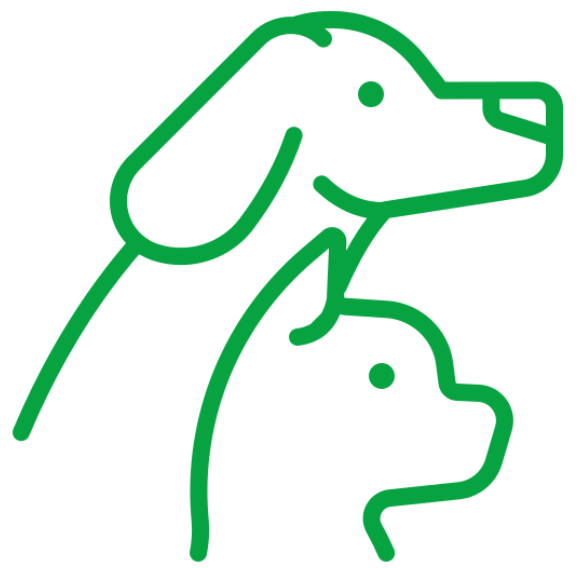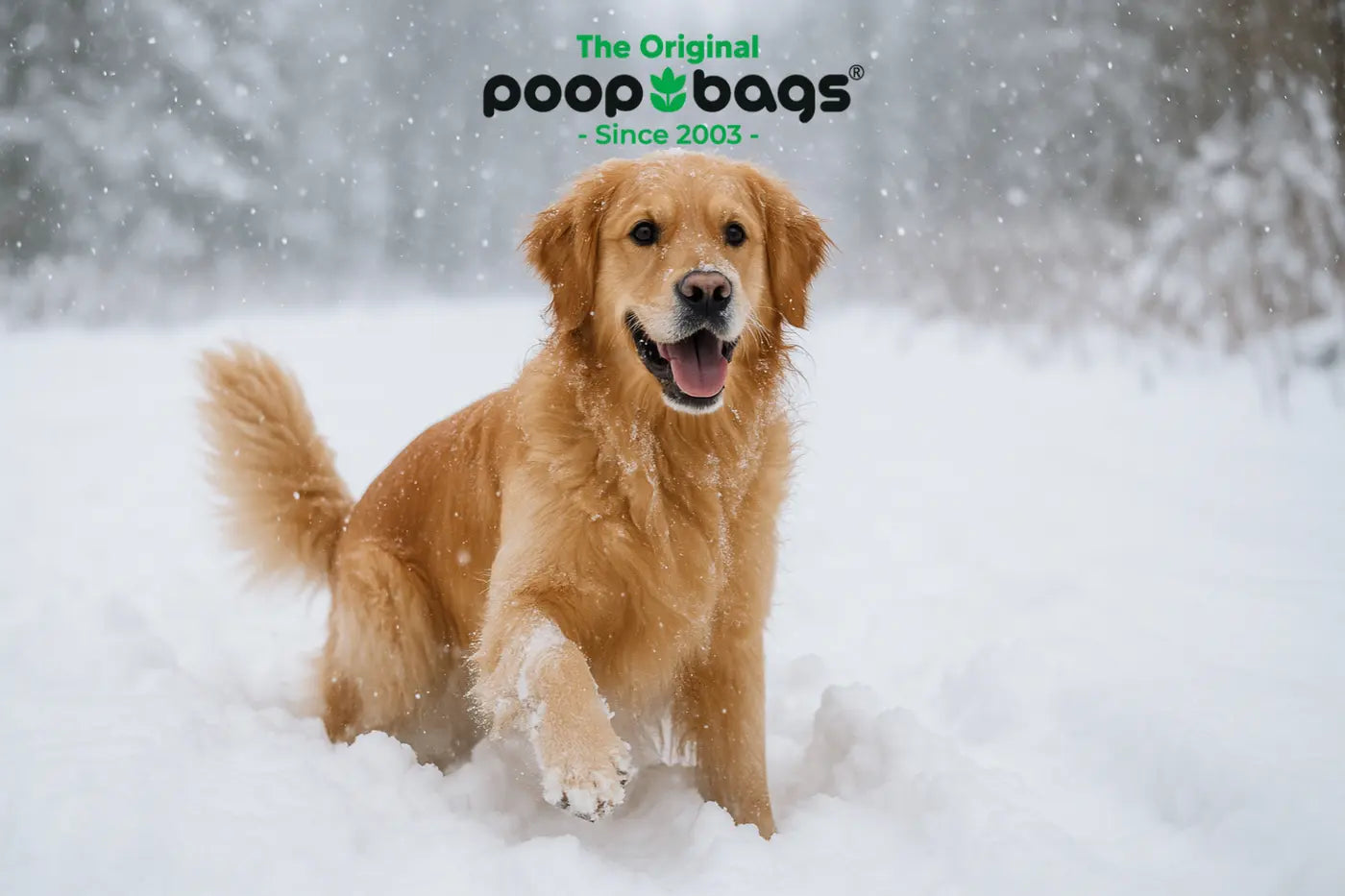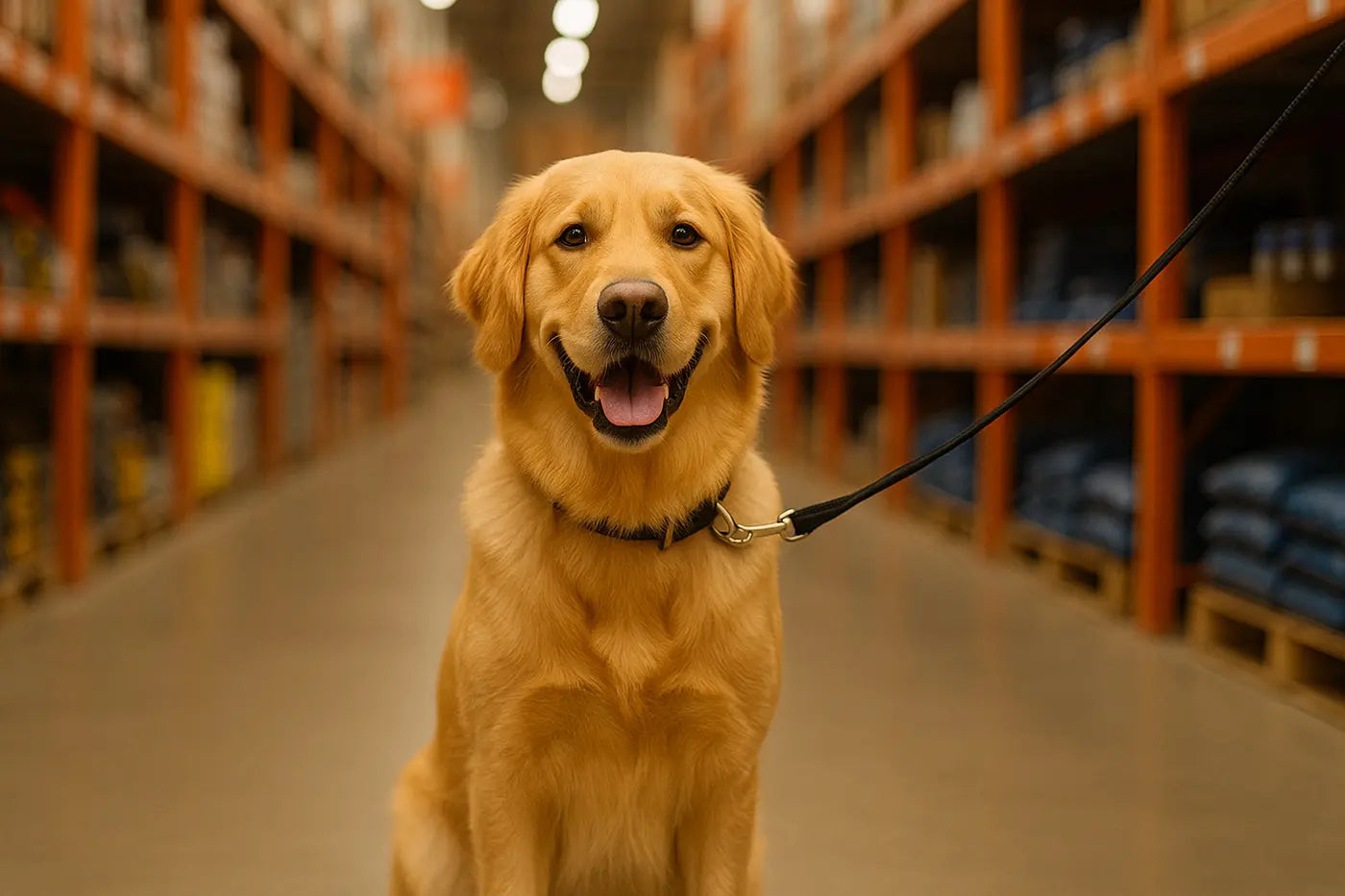If you’ve ever caught your dog nibbling on your lawn like it’s a salad bar, you’re not alone. Grass-eating is one of the most common—and confusing—dog behaviors. While it may seem odd, it’s usually harmless. Still, it’s helpful to understand why dogs do it.
Let’s dig into the most common reasons your pup might be munching on greenery—and when it might be time to call the vet.
1. It’s Totally Natural (and Common)
Believe it or not, eating grass is a behavior seen in both wild and domestic dogs. Some researchers believe it’s instinctual—passed down from canine ancestors who ate plants to help clear parasites from their system. Today, most dogs don’t need to do that, but the behavior lingers.
2. They’re Trying to Soothe an Upset Stomach
You may have heard that dogs eat grass to make themselves throw up. And while there’s some truth to that, it’s not always the case. Some dogs vomit afterward, but many don’t. It's unclear if the grass causes the nausea or if the nausea led them to eat grass in the first place.
Keep an eye out: If your dog is eating grass and vomiting frequently, or showing other signs of discomfort (like lethargy or diarrhea), it’s best to check in with your vet.
3. They’re Bored or Anxious
For some pups, grass-eating is just something to do. If they’re under-stimulated, stressed, or left alone for too long, chewing grass may become a repetitive, comforting behavior—similar to nail-biting in humans.
Tip: Try adding more mental stimulation or exercise to their day. Puzzle toys, longer walks, or extra playtime can go a long way.
4. It Tastes Good (Seriously)
Yep—your dog might just like how it tastes. Fresh, cool grass might be appealing, especially in the spring or after rain. Some dogs are picky about which grass they eat, so if you’ve noticed your dog only munches on certain patches, flavor might be the reason.
5. They Might Be Missing Something in Their Diet
While most commercial dog food provides all the nutrients dogs need, some experts believe that dogs might instinctively eat grass if they’re lacking fiber or certain minerals.
If the grass-eating is frequent and persistent, it may be worth checking in with your vet or a pet nutritionist to rule out any dietary imbalances.
So, Should You Be Worried?
In most cases, grass-eating is normal and not a cause for concern—especially if your dog seems happy, healthy, and isn’t vomiting regularly. But here are some red flags to watch for:
-
Eating grass and vomiting often
-
Signs of digestive distress (diarrhea, bloating, loss of appetite)
-
Lethargy or behavior changes
-
Obsession with eating non-food items (which could indicate pica)
Also, make sure the grass they’re eating hasn’t been treated with pesticides or fertilizers—those can be dangerous.
Final Woof
Your dog’s grass-eating habit is probably just a quirky part of who they are. Whether it’s for fun, flavor, or comfort, the occasional chomp on the lawn usually isn’t a big deal. Just keep an eye on their behavior and talk to your vet if anything seems off.








